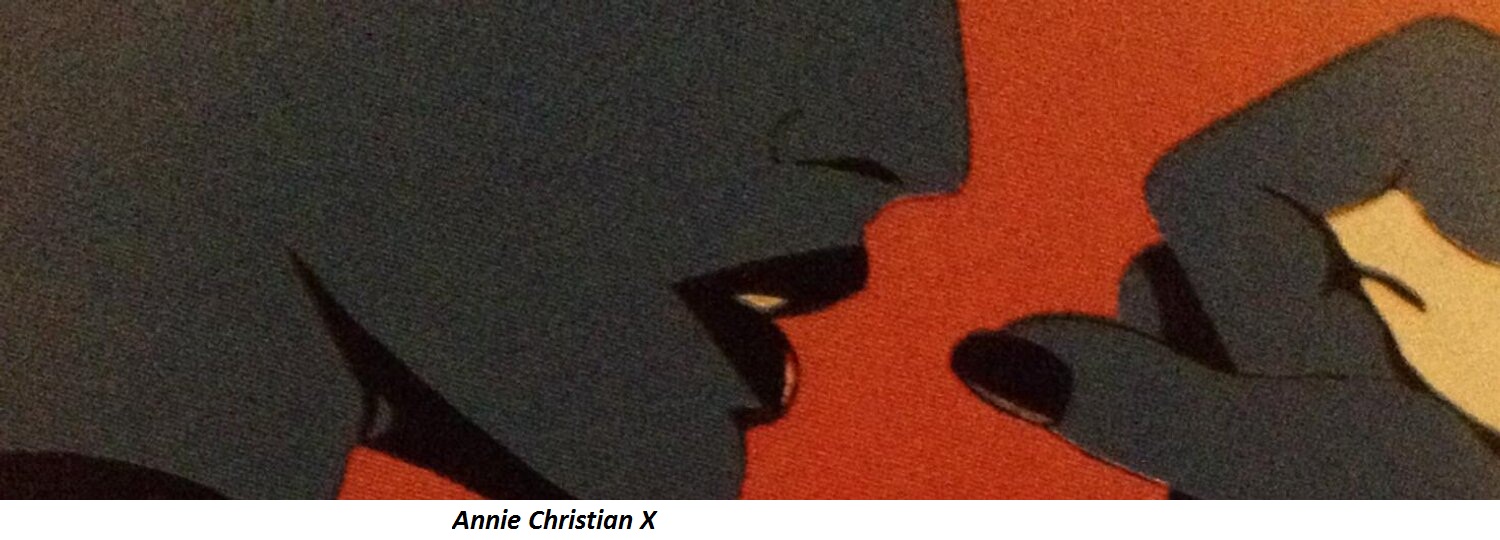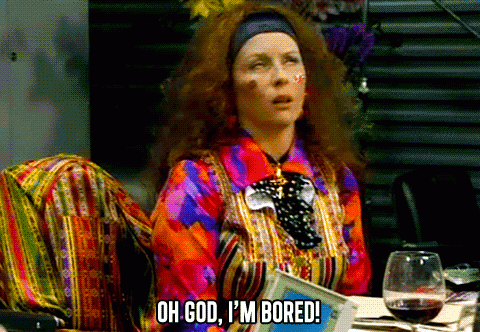Why I’ve Remained Anonymous
(The following contains a retrospective recounting of the once notes-in-progress of my aborted first novel, “Bohemian Beatsters,” an undertaking so ill fated that it single-handedly caused the unmaking of my writing career and provides a clear explanation for the above title. Once again, the notes recount the project while it was still in the making.)
Notes for my novel, “Bohemian Beatsters”, a tale of one city and many complex, often sullen, artistically inclined characters within its parameters and seasonal fogs. To be subtitled: “And What Of The Albatross–Another Metaphor For The Useless?”
Introduction to Andrew (main character, artistically inclined and unquestionably sullen rock star): A man who survives–and thus becomes a cult hero in–the post punk era of modern music to sit atop the roof of a skyscraper in Tokyo, snapping pictures of streets, signs, buildings, island clusters, other rooftops and his right thumb with an unloaded Nikon camera as the sun proceeds to set on Japan, which lies in a direction thought to be (by the rest of the major characters in the book, along with some minor, unnamed members of the Rockettes, also appearing marginally in same book) generally opposite from that of the British Empire, which is where Andrew hails from.
An exceedingly handsome, jet-setting ex-Londoner, tall, slender, restless by nature and ash blond by L’Oreal, Andrew sulks in his immense fame which he’s quick to admit would be better appreciated by anyone anonymous.
“I’m a travelog”, he tells himself aboard a bullet train. His words exiting at speeds that cause him to momentarily suspect if he’s not being written in the past tense–an effect which has been known to strike main characters in other novels, similarly talking to themselves while riding bullet trains.
Flirtatiously gazing at his reflection in the blackened train windows, Andrew ponders the quality of his highly praised work, the meaning of his existence and his inability to get off at the right stop.
The One City (not just a mere environmental container for the characters, but rather, a place where most can visit Andrew and attend the frequent parties that he’s prone to give where everyone can show off their latest Zhandra Rhodes apparel and their unwillingness to smile in a social situation):
Milan, Italy, 1985 (Andrew was right–he is being written in the past tense. I must remember to somehow also justify the inexistence of bullet trains in Milan and hope that Andrew does not move elsewhere as a result. Though this could give the book a rather curious, existential edge–so many characters coming together for the climactic scene in Milan for no apparent reason–I must not, for the most part, be tempted to such levels of experimentation which could be so easily misconstrued as self indulgence. I must, instead, describe the scene in Chapter 31 which finds Andrew married to an Englishwoman named Lana whom he proposed to and wed in Japan, as soon as he stopped riding the bullet train.
“She’s the only person that understands me” Andrew explained to Japanese reporters through an interpreter (Note of interest: The fact that Andrew is married is of crucial importance because it clearly indicates that he has succeeded in getting over his sel-addiction, which immediately set in after he successfully overcame his sexual addiction that caused him much grief and explains why there are so many characters named Bambi and Mistress Helga in the preceding chapters of the book. Ditto for the marginal appearance of those unnamed Rockettes–a result of a one night stand).
No comment about Milan, dubbed The One City in the book, should be made (other than the fact that it is Andrew’s place of residence so chosen due to a mishap involving Andrew prematurely deboarding his plane at Milan’s Malpensa airport during a change-over flight destined for Heathrow. “I couldn’t tell the difference due to the fog” Andrew explained to a perplexed world press. When asked why he since went on choosing Milan over London as his place of residence, he cited the same reason as being greatly influential in his making that difficult decision) since we are so eager to get to Chapter 31.
Chapter 31 (though this book contains a lot of dialog, it is not to be confused with a play since there are no characters named Stella or Stanley in it):
Milan, Italy, 1985. Scene at Andrew’s house following a party.
“Do you know why I cried earlier this evening when I was putting perfume behind your knees?”, Andrew asked Lana. They were sitting poolside. It was 4:00 a.m. Lana had kicked off her shoes and had placed feet onto his lap. They were sitting facing each other and drinking tea (note: Everyone that knows Andrew by now, knows that it is malva tea that they’re drinking so it need not be mentioned).
“You cried because the alcohol content of the perfume stung your eyes”, Lana answered. This caused Andrew to wince since it was the correct answer, but he was hoping she’d opt for a more nebulous, and therefore, romantic sounding guess, amking him appear ever sensitive, enigmatic and perpetually misunderstood–a plight of the consummate artist.
“Hardly”, he lied. “I think it’s truly a beautiful fragrance. Smells nothing of alcohol.”
“I agree”, Lana concurred, adding to the lie.
A very terse sense of alienation settled over them which caused both to look expectantly into the night skies for further signs of what to say next.
“Tell me about your past”, Lana asked abruptly, an hour later, breaking the trance.
“I am very reserved when it comes to opening up about myself”, Andrew warned.
“Why is that?”, Lana persisted.
He took a deep breath, then began, “Because my past is checkered by all sorts of axe murders, gang rapes and random acts of mayhem–sprinkled with the occasional UFO sightings which were always more frequent on leap year. My family was so poor, they couldn’t afford rubbers, so I was born, highly unwanted and had to be raised by a pack of wolves, then found by restaurant gypsies.
“When I was eleven, of course, I ran away to the city where I sold my body to off- duty hookers, American sailors and androgynous looking commoners. The off-duty hookers taught me everything about sex, though we never enjoyed a moment of it because our meters were always ticking.
“Then, when I was thirteen, I rode a box car to France, where I painted my very first tableau. I painted it green to match my chairs. My French was very crude, so I took poetic license with the afore mentioned”, Andrew paused. Lana was laughing hysterically. He took a sip from his tea cup then continued, undaunted, figuring she’d soon stop as the story was about to get more tragic.
“I became obsessed with painting and started living a very bohemian life–despite the fact that it was no longer the twenties. I took a room at the C.D. Pensione, which is a baser word for hotel, and began painting self-portraits of other people. Soon, I became very depressed and seriously contemplated cutting off my hair.
“I told my friend Andre about it over a meager dinner at the Bistro Royale and he smiled his benevolent smile and called me a goofball. ‘Serious painters cut off their ears, instead’ he said in his inimitable, tremulous voice and dismissed my remark with a theatrical wave of his hand.
“He was ninety years old and was very well known for his cubist portraits of Gertrude Stein which had so revolutionized the art world in the early twenties. When i asked him how he’d come to develop that style, he looked very puzzled.
‘What style?’ he queried.
‘Cubism…the cubist portraits of Gertrude Stein…you were a pioneer in the cubist movement’ I said.
‘Nonsense! There was no such movement! It was all a rumor, started by Gertrude herself because she couldn’t accept the fact that that was the way she really looked!”
“He became very huffy and agitated. When the waiter came back with the check, he refused to pay on the grounds that they always served the potato soup too cold. I ended up doing dishes all night, which cut my art career short. So I became a musician, instead. And when I cut my first record, at the impressionable age of fifteen, I deeply regretted not having cut off my ears. I was awful! You should have heard it! It almost made me want to go back to selling my body for a living.
“But, as all over the hill, ex-hookers, I had to resign to the ravages of time with realism and amazing grace. I knew I could never hook again”, Andrew concluded, sighing in resignation. Lana had continued to laugh. When he asked why she was being so insensitive by laughing at his painful revelations, as so many others had–the list of which was topped by his analyst–Lana forced herself to regain enough composure to admit that her past was exactly the same, with the one omission of the UFO sightings and the fact that she’d opted to paint her chairs red instead of green to also complement her first tableau in France.
The couple then embraced joyfully and realized that they were in fact soul mates by the Cosmos destined to have come together, and by no man, nor aspiring writer, ever to be parted. They then set out to move to Southern California in relentless pursuit of Shirley MacClaine, leaving the music and art world, The One City and the rest of the major characters behind.
Postscript:
Their conspicuous absence from the subsequent pages and chapters of the book forced me, its author, to seriously stop writing about such volatile characters. It also left me with an abundance of yet unnamed, undeveloped, complex and artistically inclined peripheral characters growing increasingly more sullen and with a propensity to whine between syllables, even. This and unforseen, other complications–by me solely unimaginable–forced the incompletion of this book, resulting in my wanting to reconsider a shepherding career, instead.

